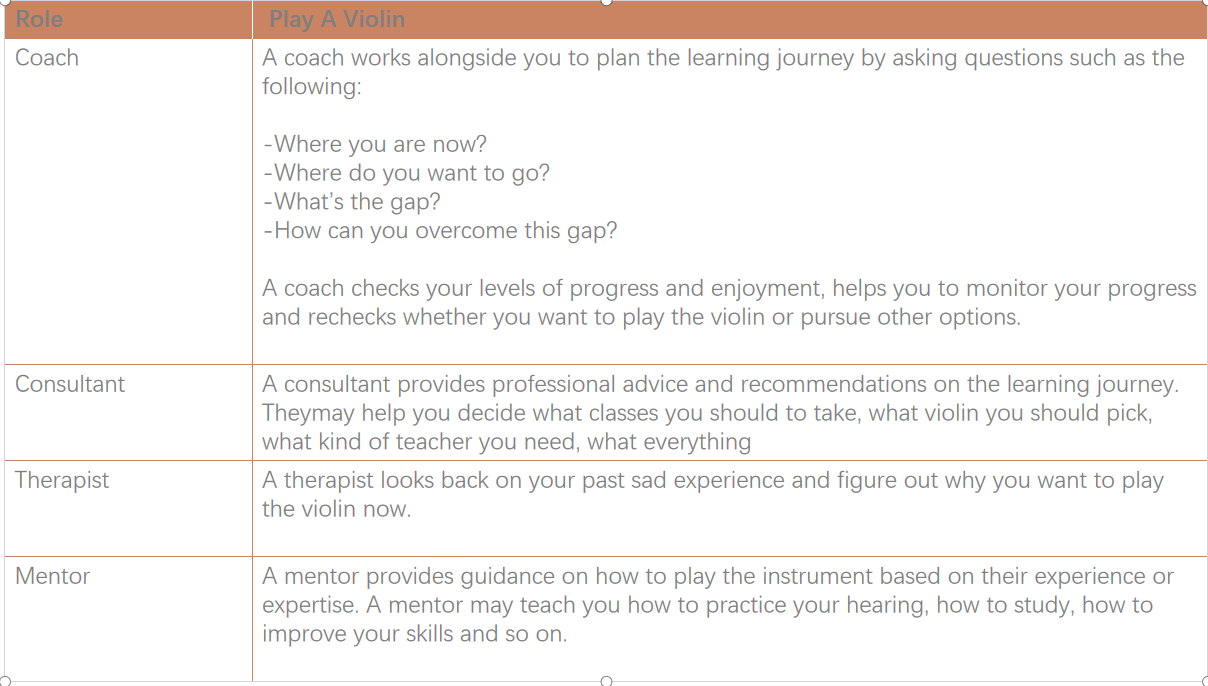Why Hire A Coach?
A recent study by Manchester City Ltd, a coaching company, revealed why companies hire coaches. The study, entitled ‘Executive coach ROI is six times the cost’, quantified the effectiveness of business coaches. The 100 administrators in the study, most of whom worked at the top 1,000 wealthiest companies, underwent City's coaching program.
These companies improved their productivity, quality, organizational capabilities, customer service and stock price after City coached their executives. Not only did coaching reduce customer complaints about the company, but also the executives who underwent the coaching preferred to stay with the company. In addition, the average return on investment (ROI) for companies that invest in coaching executives is six times the input cost.
Findings
Estimates indicate that coaching is monetarily worth more than $100,000. Companies that receive administrative coaching benefit from the following:
Increased productivity (53%, as reported by administrators)
Quality improvement (48%)
Improved organizational capacity (48%)
Improved customer service (39%)
Reduced customer complaints (34%)
Increased executive retention rate (32%)
Reduced costs (23%)
Increased net income (22%)
Individuals who receive administrative coaching personally benefit from improvements to the following:
Working relationship with subordinates (77%, reported by administrators)
Working relationship with directly affiliated boss (71%)
Working relationship with the customer (37%)
Working relationship with colleagues (63%)
Team collaboration (67%)
Job satisfaction (61%)
Conflict reduction (52%)
Commitment to enterprise organization (44%)
(ICA,2019)
What’s Coaching?
"Coaching involves a dialogue between a coach and a client with the aim of helping the client obtain a fulfilling life. It blends the best concepts from business, psychology, philosophy, sports and spirituality. But, it is a distinctly different process to that of a consultant, therapist or mentor. As a coach you will be an advocate, a sounding board, a cheerleader, an accountability partner, a truth teller and a supporter." You will help your clients to increase awareness and achieve a better life.
‘This is like a delicate human surgery—internal human surgery.’ It requires lots of practice.
‘A Coach is your partner in achieving your personal goals, your champion during turnaround, your trainer in communication and life skills, your sounding board when making choices, your motivator when strong actions are called for, your unconditional support when you take a hit, your mentor in personal development, your co-designer when developing an extraordinary project, your beacon during stormy times, your wake-up call if you don’t hear your own, and most importantly: Your partner in living the life you know you’re ready for, personally and professionally.’
Thomas Leonard (1994 founder of ICF, 2000 co-founder of Coachville)
What A Coach Is and Isn't
Coach vs. Therapist
• Focus different: A therapist tends to focus on feelings and experiences related to past events, whereas a coach tends to focus on goal setting and encouraging the client to move forward in an action-oriented way.
• See clients differently: A therapist typically works with a dysfunctional person to help them become functional. A coach works with a functional person to help them become exceptional.

Coach vs. Consultant
• Expertise and background: A consultant has experience helping clients overcome their problems and is usually an expert in each area. A coach does not have to be an expert in the client’s industry because the client is an expert.
• Knowledge and skills: Consultants are hired to provide recommendations and solutions. They build their businesses around a specific knowledge base or a specific skill, and they are expected to provide advice, information, and anecdotes about the field. By contrast, a coach ‘aims to focus and move forward on a client’s personal, professional and organizational goals’.
• Service range: Consultants can support the client in implementing a solution, but once the problem is solved or the issues are addressed, the consultant leaves. Generally, a consultant doesn’t get involved with areas outside of their specialty. By contrast, a coach uses a more holistic approach. Coaches examine the situation, create a plan of action and work together with their clients to solve the problem.
• Relationship with client: Consultants use their knowledge and expertise to provide solutions for clients, whereas coaches collaborate with their clients to develop a solution using the clients’ knowledge.
Mentor, professor, trainer: Mentorship is generally a relationship established with someone who is an expert in their field. The mentor bestows their knowledge and wisdom, offering guidance and advice to the mentee. Mentorship involves passing on the knowledge gained during a set of specific experiences. A coaching relationship, by contrast, is a partnership in which the coach walks side by side with the client. The coach supports the client in drawing on their own wisdom and following their inner voice.
My little daughter do play violin. Here is an example to demonstrate the differences.


Sample Coaching Process

1. Establish the coaching agreement
2. Set the goal or outcome for the session
3. Clarify the current situation
4. Clarify the gap
5. Identify and commit to a course of action
6. New learning
7. Maintain accountability
During this process, the coach will help their client clarify their values, beliefs, feelings, perceptions and ideas, holding a safe space in which they can identify their strengths, passions, areas of knowledge and skills. Opportunities for shifting limiting beliefs or re-framing perspectives will be identified. The coach will act as a sounding board for new ideas, and they will co-create of goals, action plans, and accountability structures with the client. Throughout the whole process, they will be their client’s number one supporter, acknowledging their client’s achievements and encouraging them.
(More articles will be updated)